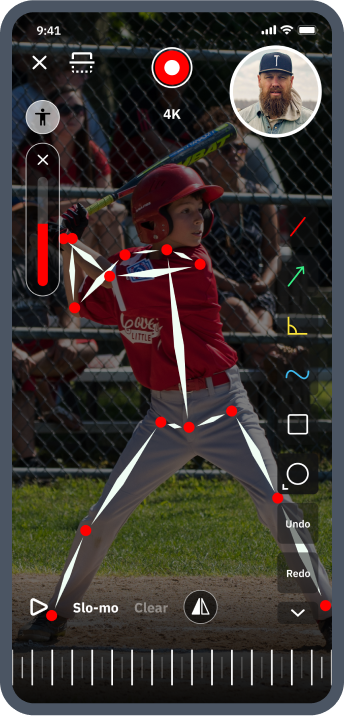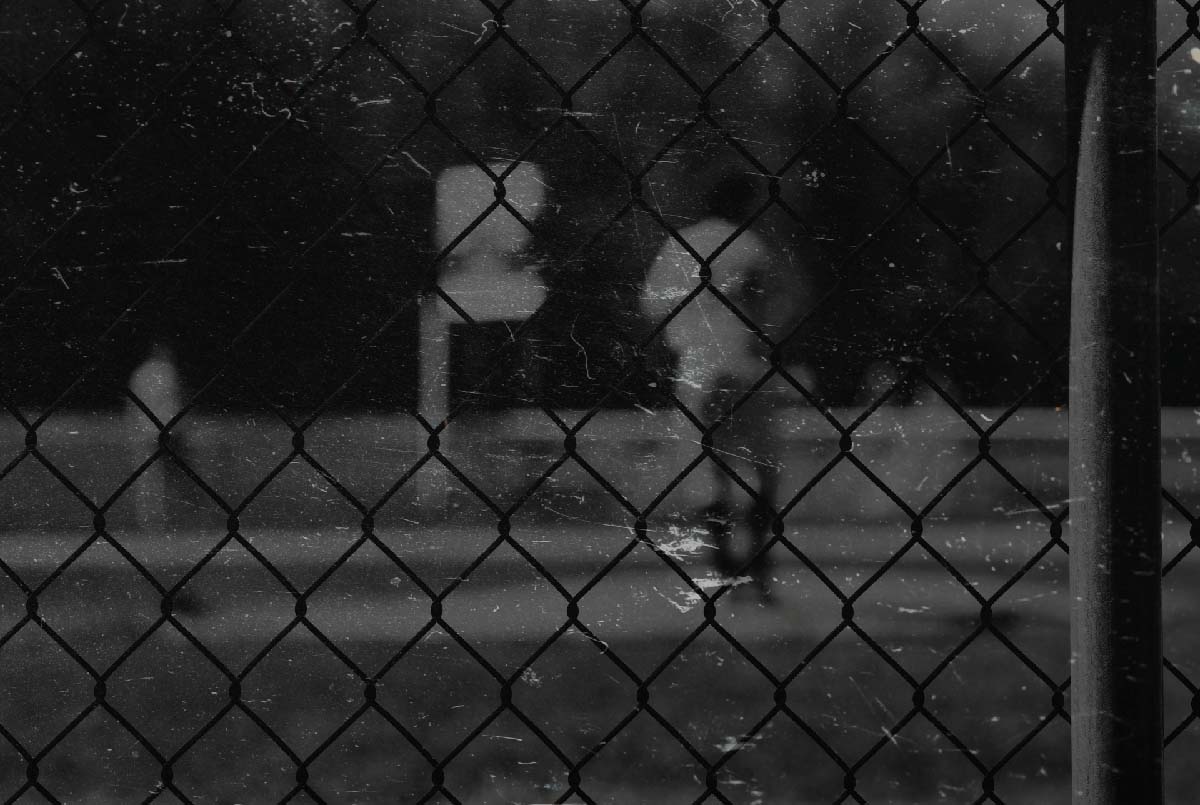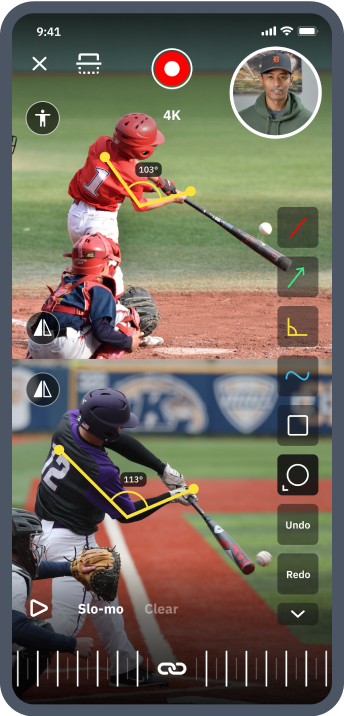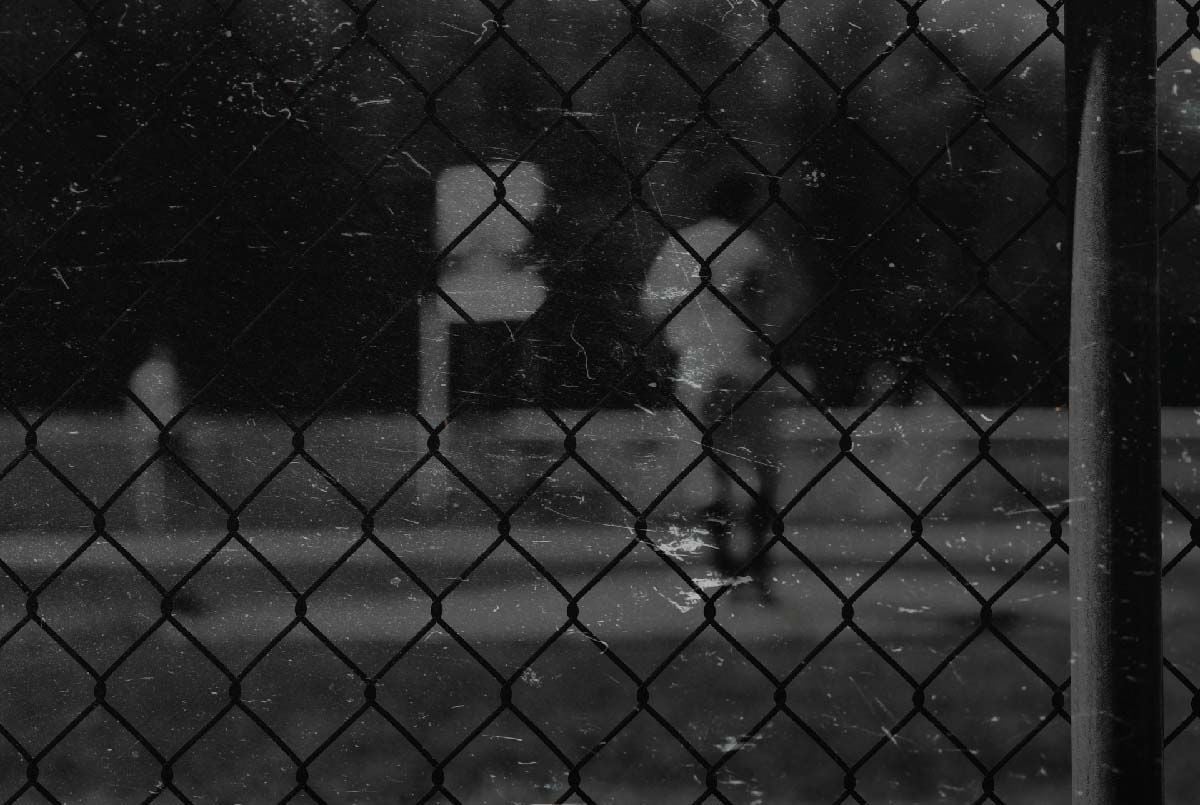10 Top Youth Baseball Leagues in Chicago, IL

Find the best youth baseball league near you in Chicago, IL
Chicago, with its rich tapestry of culture and storied sports heritage, boasts an array of baseball leagues that cater to players of all ages, abilities, and competitive spirits.
Home to historic MLB teams like the Cubs and the White Sox, the city's deep-rooted baseball history adds a layer of reverence to its various neighborhood leagues, from the iconic Wrigleyville to the spirited South Side.
Set against the backdrop of towering skyscrapers and Lake Michigan's expansive shores, these leagues embody Chicago's enduring love for baseball.
Join us as we delve into the heart of Chicago's baseball scene, finding the perfect league to fuel your passion for the game and connect you with its legendary past.
Unlock your ballplayer’s full potential
Find the perfect vetted coach to build a solid foundation or take your player's skills to new heights.
Download the free app

1. Warren Park Youth Baseball League
Details about Warren Park Youth Baseball League
- Description: A non-profit, parent-run organization offering competitive house baseball and softball leagues as well as travel teams for boys and girls ages 4-16 on Chicago's North side. The league emphasizes community and skill development.
- Location: 1413 W Hood Ave, Chicago, Illinois 60660.
- Website: Warren Park Youth Baseball
2. Oriole Park Baseball
Details about Oriole Park Baseball League
- Description: Known as the home to the largest baseball/softball program in Chicago, Oriole Park Baseball boasts over 1,500 participants each season, offering a vibrant community for young athletes to learn and play.
Ranges from T-Ball for 4-5-year-olds to Majors for grades 7th-9th, ensuring a place for children of almost any age. - Location: Field Directory
- Website: Oriole Park Baseball
3. Near South Little League
Details about Near South Little League
- Description: An urban initiative youth baseball league located on the near south side of Chicago. It has grown significantly, now hosting over 300 players aged 4-18. The league competes in the Little League International Tournament and the Chicagoland Baseball League.
- Location: 3100 S Indiana Ave, Chicago, IL 60616
- Website: Near South Little League
4. Lincoln Park Baseball Academy (LPBA)
Details about Lincoln Park Baseball Academy
- Description: With 12 years of providing baseball and softball programs in Chicago, LPBA offers camps, classes, and individual coaching that cover all key skills. Their mission is to develop athletic potential through comprehensive instruction and mentoring.
- Location: 2021 N Burling St, Chicago, IL 60614
- Website: Lincoln Park Baseball Academy
5. Lil Sluggers Chicago
Details about Lil Sluggers Chicago
- Description: Lil Sluggers offers a youth baseball program focused on boys and girls ages 2 through 8, designed to introduce them to organized team play. The program emphasizes basic baseball fundamentals like throwing, fielding, hitting, catching, and base running in a fun and engaging environment.
- Locations: Includes Dvorak Park (Pilsen & South/West Loop), Holstein Park (Bucktown), Jonquil Park (Lincoln Park), Pritzker Elementary Field - Bucktown, Only Sports Complex (Old Irving), Wrightwood Park (Lincoln Park), and more.
- Website: Lil Sluggers Chicago
6. Chicago Park District Baseball
Details about Chicago Park District Baseball
- Description: The Chicago Park District offers a variety of baseball programs across the city, catering to different age groups. These programs focus on the fundamentals, techniques, and rules of baseball, offering a non-competitive environment for skill development.
- Locations: Programs include Baseball Skills at Eckhart, T-Ball at various locations like Seward and McKinley, and Cubs Rookie League at La Follette and Marquette.
- Website: Chicago Park District Baseball
7. Sheridan McGuane Baseball
Details about Sheridan McGuane Baseball
- Description: Sheridan McGuane Baseball offers a variety of baseball and softball programs, including T-Ball, Rookie Ball, Single A Ball, and girls softball. They focus on providing accessible sports experiences to all, with scholarships available for those in need.
- Location: 910 S Aberdeen St, Chicago, IL 60607
- Website: Sheridan McGuane Baseball
8. Chicago Suburban Youth Baseball Association (CSYBA)
Details about Chicago Suburban Youth Baseball Association
- Description: Originally established as the NSYBA for 7th/8th graders, the CSYBA has expanded over the years to include divisions from K/1st graders up to young adults, covering a broad area within the Chicago Metropolitan Area. It's an 'everybody plays' league with open registration for all participating teams.
- Location: Morton Grove, IL, United States, Illinois
- Website: CSYBA
9. Oz Park Baseball Association
Details about Oz Park Baseball Association
- Description: Catering to children in Lincoln Park and surrounding neighborhoods, the OPBA offers instructional leagues for ages 4 through 14, including a T-ball league for the youngest players and player pitch divisions for older children. Teams practice once a week and play their games primarily on weekends.
- Location: 2250 N Clifton Ave Chicago Illinois
- Website: Oz Park Baseball Association
10. Lost Boyz Inc.
Details about Lost Boyz Inc.
- Description: Focused on positively impacting Chicago's vulnerable youth, Lost Boyz Inc. offers baseball programs alongside leadership development and community service initiatives. Their MVP Winter Clinic is a featured program for youth ages 4-14.
- Location: 1818 E 71st St, Chicago, IL 60649
- Website: Lost Boyz Inc.
These leagues represent the rich diversity of youth baseball opportunities within the Chicago area, catering to a wide range of skills and interests. Whether your child is just starting out or looking to play in a more competitive setting, there's a program suited to every young athlete's needs.
Each league has its own registration requirements, season schedules, and volunteer opportunities for families looking to get involved.
But to help your baseball player really excel in whichever league you choose, private 1:1 instruction is the fastest and most effective way to get his skill set up to snuff.
How to Get Started with Private Baseball Lessons
Embarking on the journey of private lessons can be a transformative experience for baseball players looking to elevate their game.
However, knowing where to begin can be overwhelming.
Parents need a safe and straightforward process for finding, vetting, and connecting with professional instructors.
This is why coaching marketplace platforms like SeamsUp were made.
It allows parents to apply filters to coaching profiles to quickly find the exact right exeperience level and price point to serve your son’s learning.
And the app actually helps parents and ballplayers connect with elite coaches for both local in-person and remote style instruction.
Also, SeamsUp does both a background offender database check and manual review of the coach and all claims the coach makes on their profile–so parents, like yourself, can rest easy knowing that your child’s instructor is both safe and exactly who they claim to be experience-wise.
Regardless of how you go about sourcing your baseball coach, following a structured approach, can help ensure a smooth transition into training and set the stage for a successful learning experience.
1. Research and Select Your Baseball Coach
Firstly, research and select the right lessons coach. This is a critical step, as the right coach will not only improve your son’s technical skills but also boost his confidence and motivation.
Look for a coach with experience relevant to your specific needs and goals.
Review their credentials, background, coaching philosophy, and review feedback from other students. All things that platforms like SeamsUp curate for you to chekcout in quick profile glance, so you can get on with your day.
Many coaches offer a trial session or initial consultation, which can be a great opportunity to assess compatibility before committing to a full program.

2. Have the Right Gear for Your Baseball Lesson
Next, ensure you have the necessary equipment and technology. If going the local in-person lessons route, the equipment will depend on what type of private lesson you’re getting. The usual lesson type options are: hitting, pitching, catching, fielding, sports performance training, and mental skills training. Here’s the eqiupment you’d want for each.
Hitting Lessons
Hitting lessons will often require a bat and helmet. Instructors or the training facilities they conduct lessons inside of might be able to provide these items in a pinch.
But much of the magic of private lessons is the work your child does at home in-between lessons, so it’s recommended to at least have a bat to practice with there.
Depending on where the lesson is happening, if it’s on a field or inside of a facility, footwear is a consideration for this and all the future lesson types we’ll go over below.
Your son may also need cleats, turf shoes, or tennis shoes–depending on what surface the training is happening on. Asking the expert you’ve chosen what he needs to bring for any lesson type you choose is always your best bet.
Pitching Lessons
For pitching lessons, the only thing your son will usually need is his glove.
If your pitching coach employs any helpful jaeger bands, cones, or gadgets into their lessons, they’ll usually provide all such training equipment for the lessons.
Catching Lessons
Catching lessons will almost always require that your son has his own full set of catching gear. This includes a baseball catching glove, a chest protector, athletic cup, shin guards, and a catching face mask.
Some coaches may be willing and able to work around a lack of catching gear in the first couple lessons, but he’ll need his own set to be able to get the most of private instruction.
If his league’s team has a set that they’ve been provided, usually your son’s team coach will be fine with you borrowing the set to use for his private instruction–because if he improves his game, the whole team improves as well.
Fielding Lessons
For fielding lessons, the only thing your son will usually need is his glove.
Again, any cones, flat gloves, or other speciality defensive tools will be provided by your private instructor.
Sports Performance Training Lessons
For strength, speed, agility, and mobility sessions, AKA sports performance traning, the only thing your son will usually need is comfortable workout clothes.
Though any good trainer will also recommend he bring a water bottle to each session as well.
Mental Skills Training Lessons
For mental performance traning, your son won’t really need any equipment–just a willingness to share his experiences on the diamond.
However, it’s strongly recommended that he bring and employ a notebook to keep notes on the tactics he learns from the coach and on his own self-insights that may be revealed in the sessions.
Remote Baseball Lessons
Online baseball lessons can come in all the various types we’ve already gone over: hitting, pitching, catching, fielding, sports performance training, and mental skills training. And the physical equipment needed by your ballplayer for each of the online lesson types is the same as their in-person lesson counterparts.
But remote or virtual softball lessons also require:
- Reliable internet connection
- A computer, phone, or tablet with a camera
- Any software or apps, as advised by your coach.
As a parent, helping your son create a designated practice area where they can train with their remote instructor without interruption will help mimic the structure of traditional lessons and keep him focused during sessions.

3. Have Clear Goals and Communication with Your instructor
The final key to successful private lessons is to set clear goals and communicate them with your coach.
Whether you're looking to improve his batting average, increase power, or refine his pitching mechanics and accuracy, having specific, measurable objectives will help guide your son’s training sessions and provide a benchmark for assessing progress.
Make certain your ballplayer is prepared to commit to regular practice and being open to feedback, as the consistency and willingness to adapt are key to improving their skills through online lessons.
By taking these initial steps, you and your ballplayer are well on your way to a rewarding journey of development and improvement in the world of baseball instruction.

About the Author
Mike Rogers
Co-Founder & CEO
Mike Rogers has spent a lifetime entrenched in baseball and softball as a player, a private instructor, a training facility owner, and the son of two college-level coaches.

